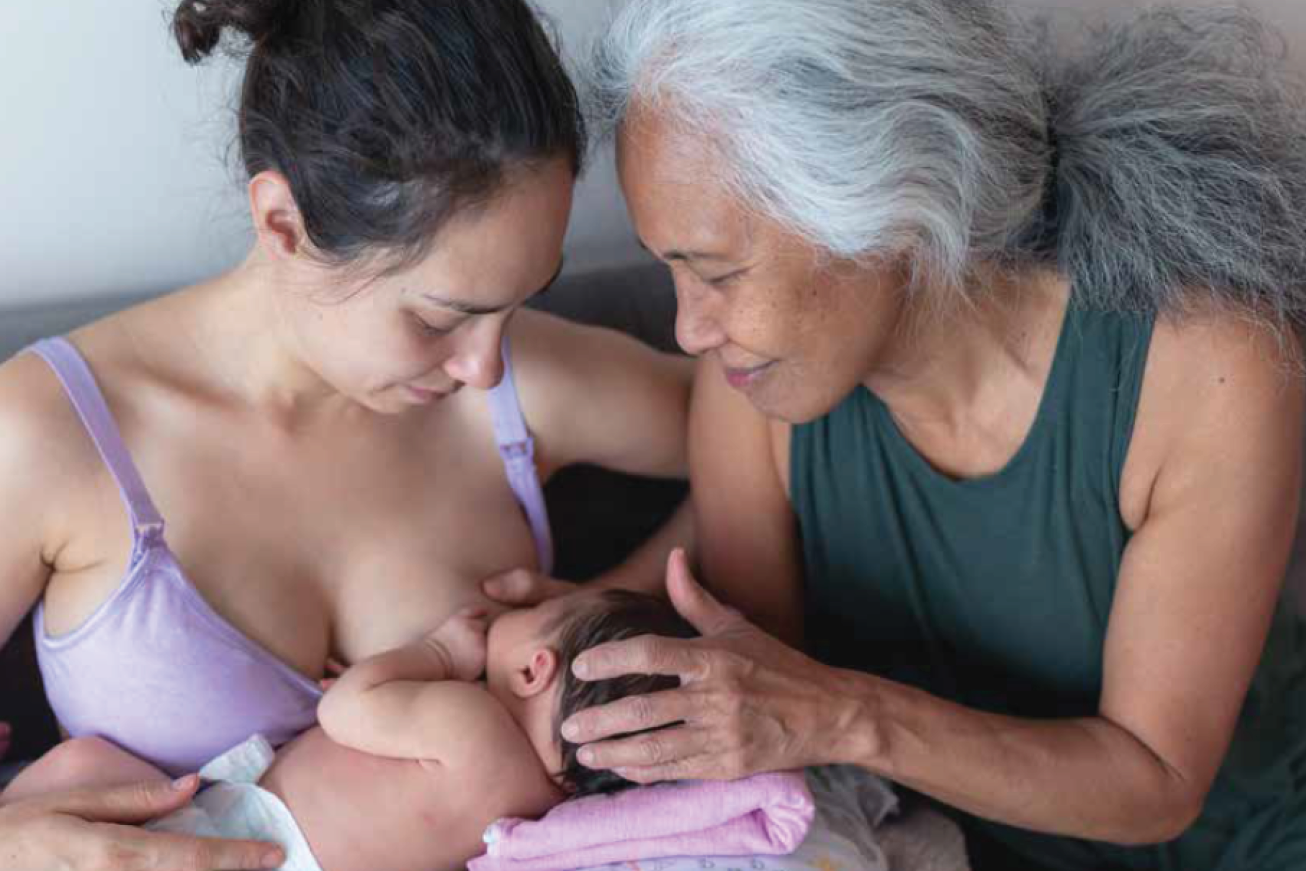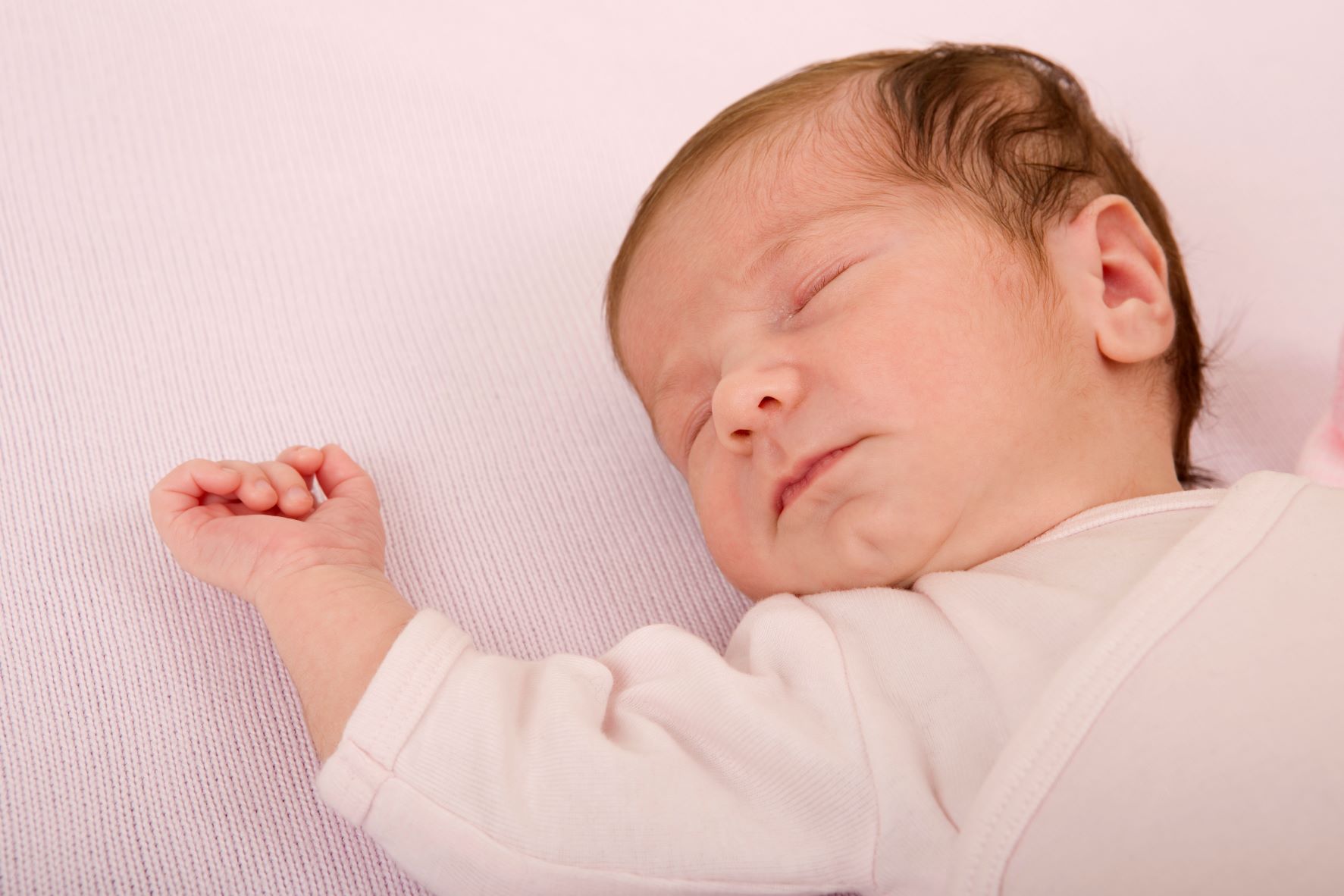
In the weeks and days leading up to the arrival of our baby or babies, much of the focus is on The Birth. In reality, the birth experience is usually complete within a day (or two) and then, without the assistance of any divine guidebook or intervention, we are left to muddle our way through the rest of our parenting lives.
In those first months, attending to basic needs keeps us on our toes – how do we feed this little one (let alone ourselves), how do we conjure up sleep and how do we sustain this tiny life? No pressure!
For the last several thousand years, human science and medicine have largely focused on functions associated with waking. It is really less than 100 years since we have started to study and understand sleep, its functions and its relationship to waking. The so-called ‘other third of life’ is proving to be a very busy and interesting part of our 24-hour rhythms. Of particular importance, we understand clearly that sleep is an involuntary behaviour, which means we cannot force sleep to occur in ourselves or our babies. We can, however, create conditions in which sleep might happen and we can start to influence how, when and where our babies fall asleep and return to sleep.
Fundamental to wellbeing
Sleep/wake functioning is fundamental to human health and wellbeing. Sleep is a basic need, as essential as food, water and air. Dr Daniel Buysse, sleep medicine specialist, psychiatrist and sleep researcher, defines sleep health as a pattern of “sleep-wakefulness” which adapts to our individual environments (including our social environment).
Dr Buysse describes sleep health as having five dimensions:
- Having a sense of satisfaction with your sleep.
- Appropriate timing – humans are biologically programmed to sleep at night and be active during the day.
- Adequate duration – getting the right amount of sleep for our age and stage of life.
- High efficiency – managing to be asleep for most of the time you are in bed expecting to sleep.
- Feeling alert throughout the day.
Sleep changes across our lives, so that sleep in a two-week-old baby is different from a six-week-old and a two-year-old. Sleep in teens is very different from adult sleep, and sleep in older adults changes again. Sleep also changes with life stages and events such as pregnancy, in times of stress or loss, and when we travel or make daylight savings time adjustments twice a year. The sleep of an individual person will vary across the nights of a week and sleep also varies from one person to another. The differences in sleep for one baby and between babies are even more varied and this is one reason comparing one baby’s sleep to another’s can be a source of self-inflicted pain!
One of the reasons I have been captivated by the sleep/wake realm for the last decade is because it is something we might be able to influence for our own health. Sleep is what we call ‘transdiagnostic’. This means that improvements in sleep have the potential to positively influence across dimensions of human health including biological, psychological and social.
Links between sleep and health
Good sleep appears to be linked to many aspects of health. Optimal sleep health contributes to physical aspects of fertility, pregnancy health, birth outcomes including lower risk of preterm birth, length of labour and risk of caesarean section, and postpartum weight loss. Good sleep health also supports mood, our ability to read emotions and communicate effectively (very helpful in adult relationships and between parents and small children), and our capacity to handle the ups and downs of family life. All of these can buffer us from distress in pregnancy and early parenting. Adults and children who experience adverse life events are supported in their healing by a combination of factors including exercise/activity, balanced nutrition, mindfulness, healthy relationships and sleep.
Research with more than 800 Dunedin families, carried out by Professor Rachel Taylor and colleagues at Otago University, has demonstrated links between infant sleep and increased weight in childhood. Rapid weight gain in the first three years appears to be linked to obesity in later life, so helping parents optimise infant sleep could be an effective contribution to this significant problem in New Zealand health.
A 2017 scientific paper by Celeste Cheung and her University of London colleagues, published in the highly esteemed scientific journal Nature, showed a link between infant use of touchscreens (such as smartphones and tablets) and poorer night-time sleep amount and timing, something to keep in mind when screens are all around us. The screens on our gadgets give out a lot of blue wavelength light, and blue light has a role in blocking the release of melatonin, a very important hormone related to sleep timing, body clock function, immunity, reproduction and other essential physiological processes.
The Sleep/Wake Research Centre at Massey University in Wellington has undertaken a number of studies aimed at beginning to understand how sleep changes around pregnancy and the early postnatal months in New Zealand women. Over 1,100 women participated in a survey study of their sleep, general and mental health in late pregnancy and up to three months postpartum. A large number of women have remained in the Moe Kura study and completed follow-up questionnaires when their children were three years old.
Two interventions have also been trialled – one aimed at supporting sleep health in pregnant women with a history of depression and the other aimed at promoting sleep in mother-infant pairs in the first three months after birth. Both trials have had ositive results (Ladyman, Gander, Huthwaite, Sweeney & Signal, 2021; and Sweeney, Signal & Babbage, 2020).
One finding of the survey study is that pregnant women sleep on average 30 minutes less a night when compared to women in the general New Zealand population (Signal et al, 2014). We understand that some of the effects of sleep loss accumulate over time, so it is likely many women go into labour already sleep deprived.
Another interesting finding has been that women seem to be less likely to seek help for their mood, anxiety and physical symptoms, such as ongoing birth-related pain or incontinence. Women who had experience of low mood or anxiety were more likely to report seeking help prior to their pregnancy but not during or since pregnancy. Perhaps this is about access, time, money and just plain energy to make a doctor’s appointment. Perhaps many women also assume that these things are just part of having a baby and put up with unnecessary distressing symptoms far longer than they need to.
It also seems that women who experience very large changes in their normal sleep satisfaction and duration from before pregnancy, and/or women whose sleep continues to get worse well after birth, are more likely to experience low mood and anxiety symptoms. Sleep is so often underrated for parents and I am constantly encouraging people to prioritise sleep – just like food, water and air.
In the mother-baby trial previously mentioned, mothers and babies had their sleep monitored using a special watch-like device (actigraph). From this it was possible to see that many mums were being woken by their baby between one and four times a night when the babies were three months old and this is perfectly normal infant behaviour!
The average number of times the babies woke at night was three (with night being counted as the hours from 9pm to 9am). Baby’s internal body clocks and the systems that help them sustain long periods of sleep at night take time to come ‘online’ after birth. Paying attention to establishing feeding (however a family chooses) and recovering from birth are important first steps before focusing too much on shaping a baby’s sleep.
If I could, I would prescribe downtime and sleep opportunities to all parents and close caregivers, but especially to new parents who have birthed and/or are breastfeeding, since these are a physiologic ‘load’ that non-birthing/breastfeeding parents are not carrying. These can include sitting with feet up for a while, napping (if sleep arrives, but not feeling frustrated if it doesn’t), being able to hop into bed earlier in the evening than usual to catch some sleep before night feeds or sleeping in later than usual in the morning.
Many of us find it so hard to not be ‘doing’ that napping, resting or extending bed hours somehow seems lazy or indulgent. In fact, these things might just be necessary for sleep health and enjoyment of Parenting.






